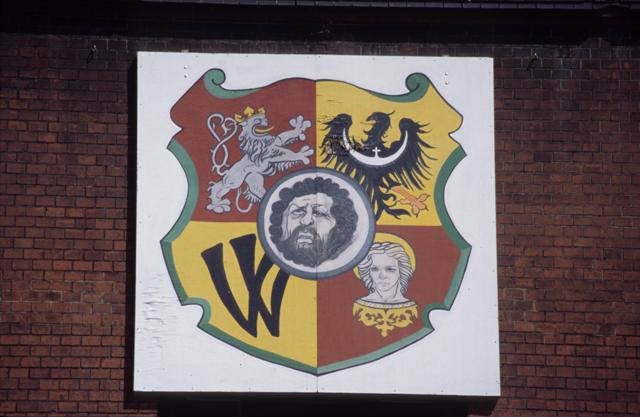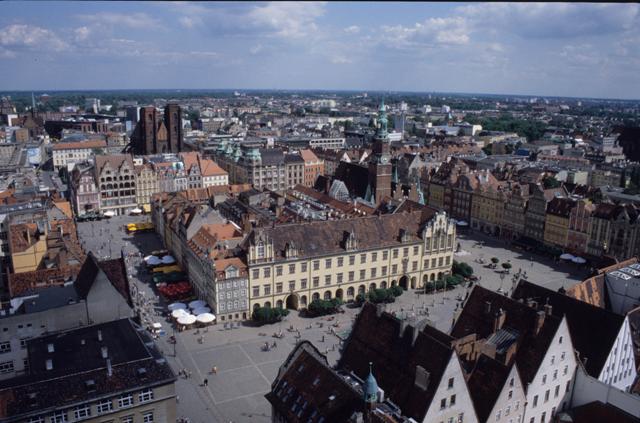Wroclaw
The city of Wroclaw (pronounced Vrots-wav) was, until recently, one of Poland's best kept secrets. Devestated during the second World War, Wroclaw has changed its name, and the country it belongs in many times over the past 1000 years. For a large part of history, the city was German, only returning to Poland following the cessation of the second World War. The city suffered grieviously during the latter stages of hostilities, and was turned into a fortress (Festung Breslau) to be held at all costs. In the main, the central parts of the city, around the market square (Rynek) and Ostrow Tumski, have been restored to their pre-war splendour.
The city lies in the Lower Silesian province (Dolnyslask) at a confluence of rivers. Known as "the meeting place", it is built on a series of islands, linked by a reputed 116 bridges.
The oldest part of the town, Ostrow Tumski, contains the cathedral, a large gothic edifice, and several other churches.
In the heart of the town, lies the Rynek (market square), with its magnificent town hall. The square is one of the largest in Europe, and is surrounded by small boutiques and bars on its periphery.
Due to its airport, Wroclaw makes a good entry point from the UK, with direct flights with the budget airlines from several UK airports.
The main station, Wroclaw Glowny, is situated to the south of the town centre, and in itself is worth a visit purely for the architecture.
The station has several steam services a year, notably the Wolsztyn Experience trains from Wolsztyn, via Leszno. In 2009, there are five scheduled return trips from Wolsztyn to Wroclaw, with a further two trips from Wroclaw to Wolsztyn to tie in with the May parade, and the September mushroom picking season. Sadly, due to escalating costs these are unlikely to run in the format seen this year. The last Wolsztyn to Wroclaw run took place on 10 October, and also featured a return working to Trzebnica to celebrate the reopening of the Wroclaw - Trzebnica line.
During 2006 to 2008 there was also a steam service to Jelcz Laskowice which operated on several weeks throughout the year. This was a regular service train, normally operated by EMU which was turned over to steam haulage using Tkt48-18. Following successful trials, GWR Prairie 5521 was also used on this service.
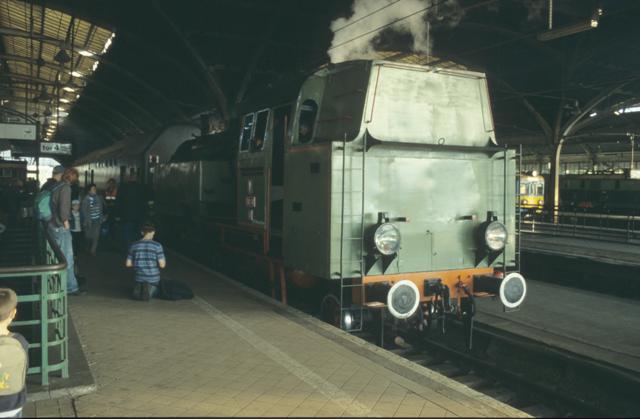 |
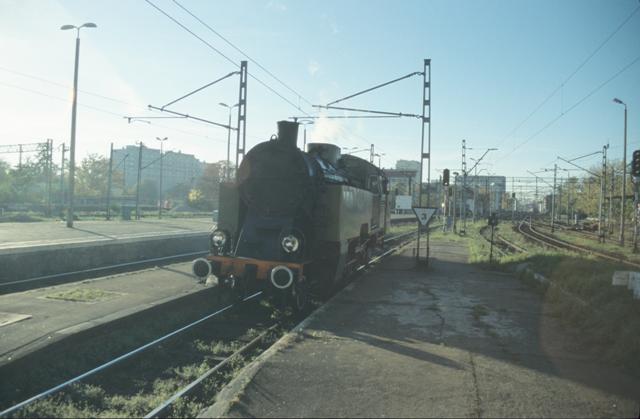 |
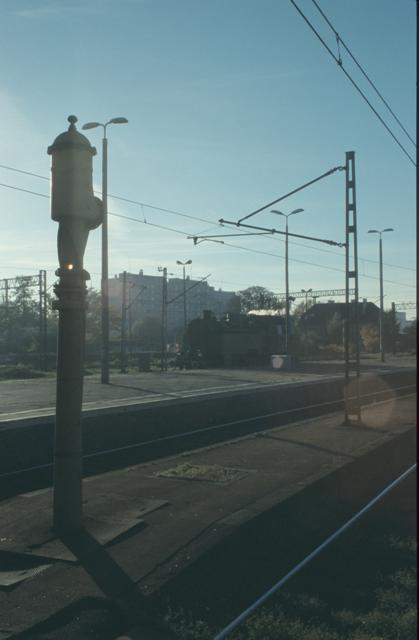 |
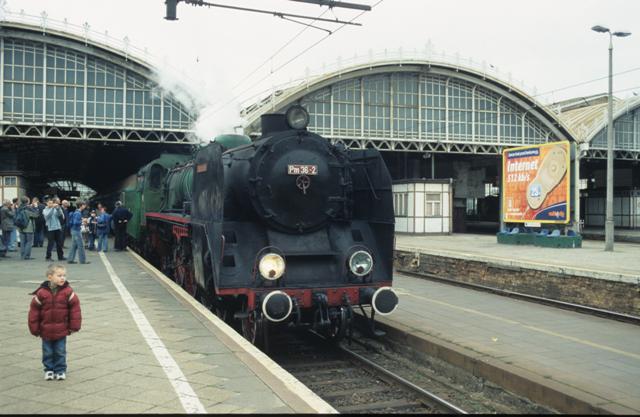 |
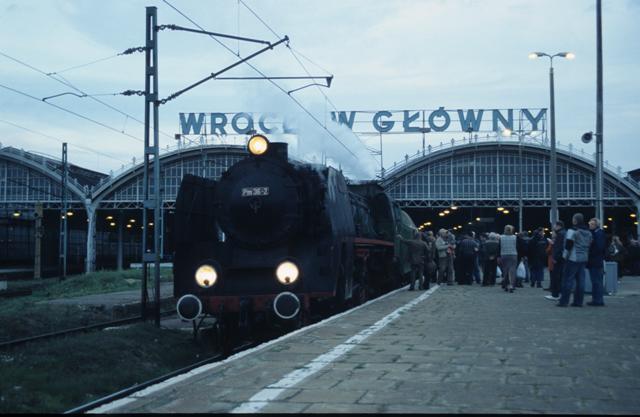 |
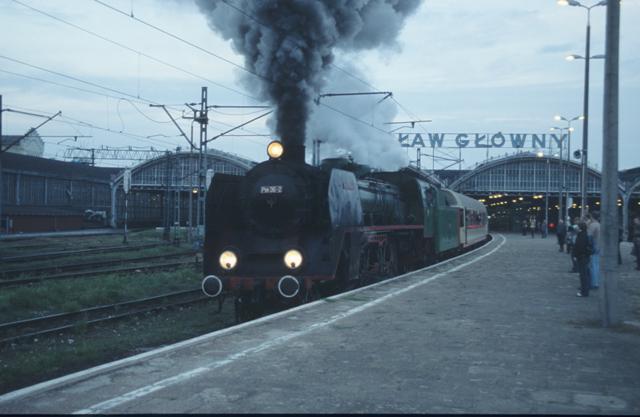 |
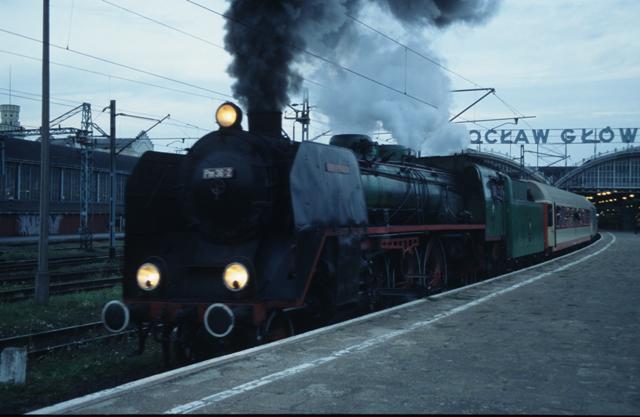 |
 |
|
